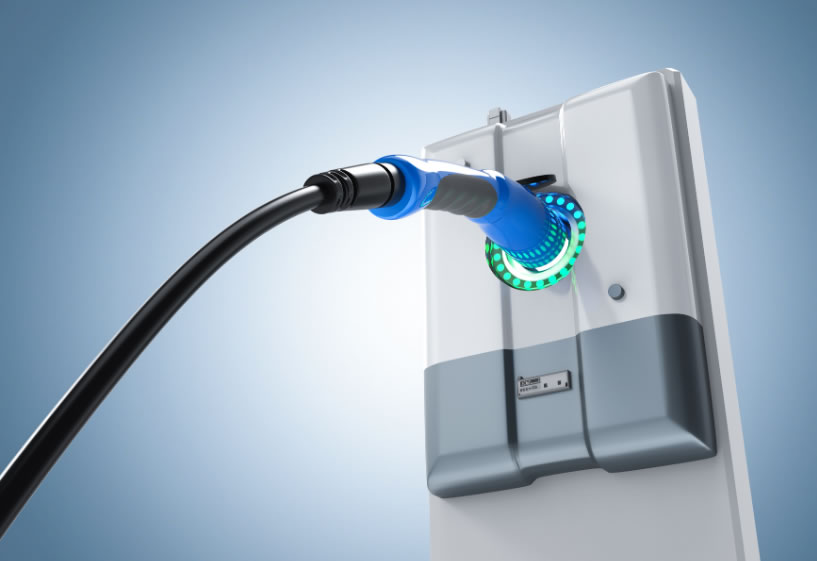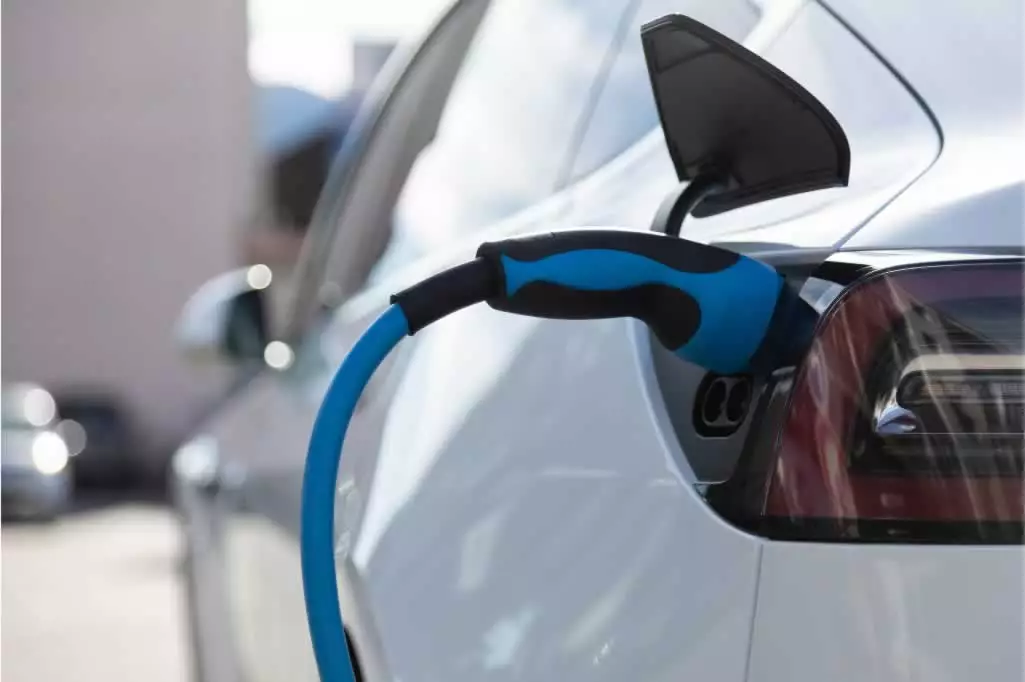
EV Chargers
People are growing more and more interested in electric vehicles (EVs), such as Tesla Model, as they try to lessen their carbon footprint. One of the most significant challenges with owning an electric vehicle is finding a charging station. What occurs, though, if the battery runs out of power? As more people adopt EVs, more charging stations are being built, but until then, how do you charge your EVs at home? Installing an EV charger at home is a great way to ensure you always have a full battery when you need it. Home installations come in two types: plug-in and hardwired.
An electric vehicle charger is a device designed to provide the necessary electricity for recharging electric cars and plug-in hybrids. EV chargers are essential infrastructure for the growing number of electric vehicles on the road, providing a means to replenish the vehicle’s battery power when it runs low.Its function involves transforming AC power from the grid into DC power, which is utilised to replenish the vehicle’s battery. The duration required for charging an EV is influenced by various elements; encompassing the charger type, battery size and the remaining energy levels within it.
EV chargers come in different types and charging speeds.
The three main categories are:
- Level 1 Chargers: These are standard household outlets (120 volts in North America). They provide the slowest charge and are typically used for overnight charging at home.
- Level 2 Chargers: These chargers require a 240-volt power source, similar to what powers large appliances like stoves or clothes dryers. They are much faster than Level 1 chargers and are commonly found in public charging stations, workplaces, and residential settings.
- DC Fast Chargers: These are high-powered chargers that provide a very rapid charge, often up to 80% battery capacity in around 30 minutes, depending on the specific vehicle and charger capabilities. They’re typically found along highways for long-distance travel.

EV chargers play a crucial role in the infrastructure needed to support the widespread adoption of electric vehicles, as they allow drivers to recharge their vehicles away from home. They contribute to reducing dependence on fossil fuels and lowering emissions in the transportation sector.
On average, most electric cars in Australia have a range of about 160-480 kilometers per charge. While this might seem less compared to traditional petrol-powered cars with ranges of over 640 kilometers per tank, it’s crucial to consider that many people don’t typically drive more than 50-65 kilometers per day.
Electric Vehicle Charging

The charging speed of an electric vehicle (EV) is contingent on the charging equipment employed, including Electric Vehicle Supply Equipment (EVSE) and DC charging. Fast chargers, integral to the electric mobility infrastructure, have the capacity to charge an EV battery to 80% in a mere 30 minutes. Conversely, slow chargers may require several hours to achieve a full charge for an EV battery.
It’s crucial to observe safety precautions when using chargers, regardless of the type you select. Before recharging your car, make sure the charger is installed correctly and is grounded. Extension cables and adapters should not be used, as they raise the possibility of electrical fires.
FAQ’S
What is a home EV charger?
A home EV charger is a device that allows you to charge your electric vehicle at your residence. It’s a dedicated unit that provides a safe and efficient way to recharge your EV.
How does a home EV charger work?
It works by converting AC power from your home’s electrical supply into DC power that can be used to charge your EV’s battery.
Do I need a special electrical outlet for a home EV charger?
Yes, you will need a dedicated circuit and a specific type of outlet installed by a licensed electrician to accommodate the home EV charger. It’s typically a Level 2 charger.
What is the charging speed of a home EV charger?
Home EV chargers are usually Level 2 chargers, which can provide faster charging compared to a standard household outlet. They can charge an EV in a matter of hours, depending on the vehicle’s battery size and the charger’s capacity.
Can I install a home EV charger myself?
It’s highly recommended to have a licensed electrician install a home EV charger to ensure it’s done safely and in compliance with local regulations.
What is the cost of installing a home EV charger?
The cost can vary based on factors like the charger brand, installation complexity, and electrical infrastructure at your home. It’s advisable to get quotes from reputable installers.
Are there government incentives for installing a home EV charger?
In some Australian states, there may be grants or rebates available to offset the cost of installing a home EV charger. Check with your local government or relevant authorities for specific programs.
Can I use a home EV charger with any electric vehicle?
Most home EV chargers are compatible with a wide range of electric vehicles, but it’s essential to ensure compatibility with your specific model.
What maintenance is required for a home EV charger?
Home EV chargers typically require minimal maintenance. Regular visual checks for any physical damage and occasional cleaning are usually sufficient.
Can I take my home EV charger with me if I move?
In most cases, yes, home EV chargers can often be uninstalled and reinstalled at your new residence by a licenced electrician.
Remember, for any specific questions or concerns about home EV chargers, it’s always best to consult with a certified electrician or a reputable supplier of EV charging equipment.
Want more information on EV Chargers?
Grid-connect Design & Install of photovoltaic power systems
Rebates Available: NSW Government Energy Savings Scheme and QLD Energex Positive Payback Plan. WE DO ALL THE WORK
NSW Electrical Contractors Licence 60852c | Qld Electrical Contractors Licence 79172 | ![]() Master Electricians Registration 10806
Master Electricians Registration 10806

